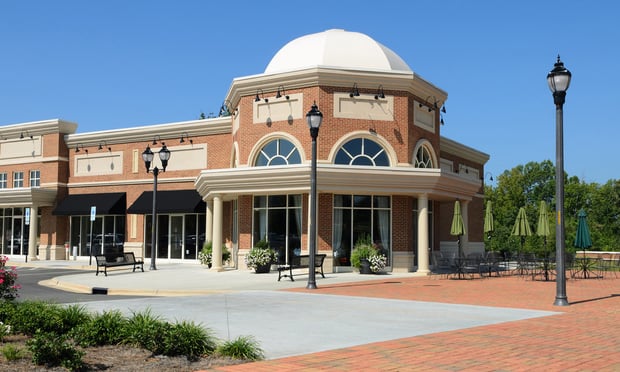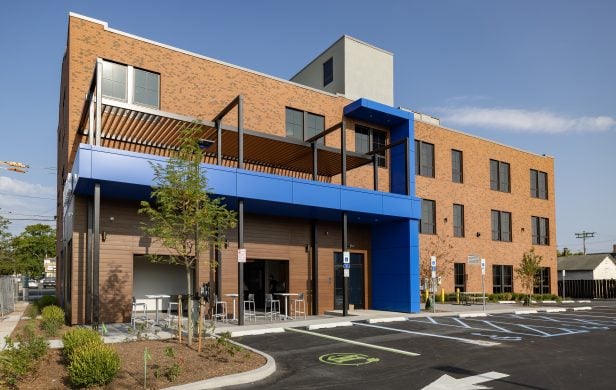TRENTON, NJ-Regulations are now in place for the state's Economic Opportunity Act, which has been attracting national notice for the breadth and strength of its tax-incentive programs since being signed into law in September.
Economic Development Authority president Timothy Lizura said his agency accomplished a "monumental task" in getting the regulations out 60 days after passage of a dense and complex piece of legislation.
Since its passage, a number of projects that were pending have been approved under the new act's terms. Also, one project that has been approved in 2010 for a $38 million tax credit was approved last week for a lesser tax credit of $33 million, as the scope of that project had been scaled back from the original. That is Dranoff Properties' planned residential tower in Newark, to rise near the NJ Performing Arts Center.
As of today, all new appications can be officially accepted and processing can begin, said Lizura. An interactive web site is also begin set up to handle inquiries.
Meanwhile, State Sen. Raymond Lesniak, who was a sponsor of the EOA, has already been working on new legislation that would add bonus credits for certain types of projects under the EOA. These include developments that involve
· repurposing former health care facilities
· rehabilitation of affordable housing, or
· the film and digital media production industry.
The bill with the changes was sent to the senate's Budget committee last Friday from the Economic Growth committee chaired by Lesniak, a Democrat from Union.
Jersey City Mayor Steve Fulop came out in support of the film and media business incentives, which he said could generate new jobs all over the state – but especially in Jersey City, just across the river from Manhattan.
A separate provision included in the bill to amend the EOA would lift some requirements for setting aside affordable housing units as part of development approvals. The formula for determining municipal affordable housing responsibilities based on development that occurs is currently undergoing court-ordered review. The state Supreme Court ruled that the current system is not in line with the intent of the state's fair housing law.
Want to continue reading?
Become a Free ALM Digital Reader.
Once you are an ALM Digital Member, you’ll receive:
- Breaking commercial real estate news and analysis, on-site and via our newsletters and custom alerts
- Educational webcasts, white papers, and ebooks from industry thought leaders
- Critical coverage of the property casualty insurance and financial advisory markets on our other ALM sites, PropertyCasualty360 and ThinkAdvisor
Already have an account? Sign In Now
*May exclude premium content© 2024 ALM Global, LLC, All Rights Reserved. Request academic re-use from www.copyright.com. All other uses, submit a request to [email protected]. For more information visit Asset & Logo Licensing.








